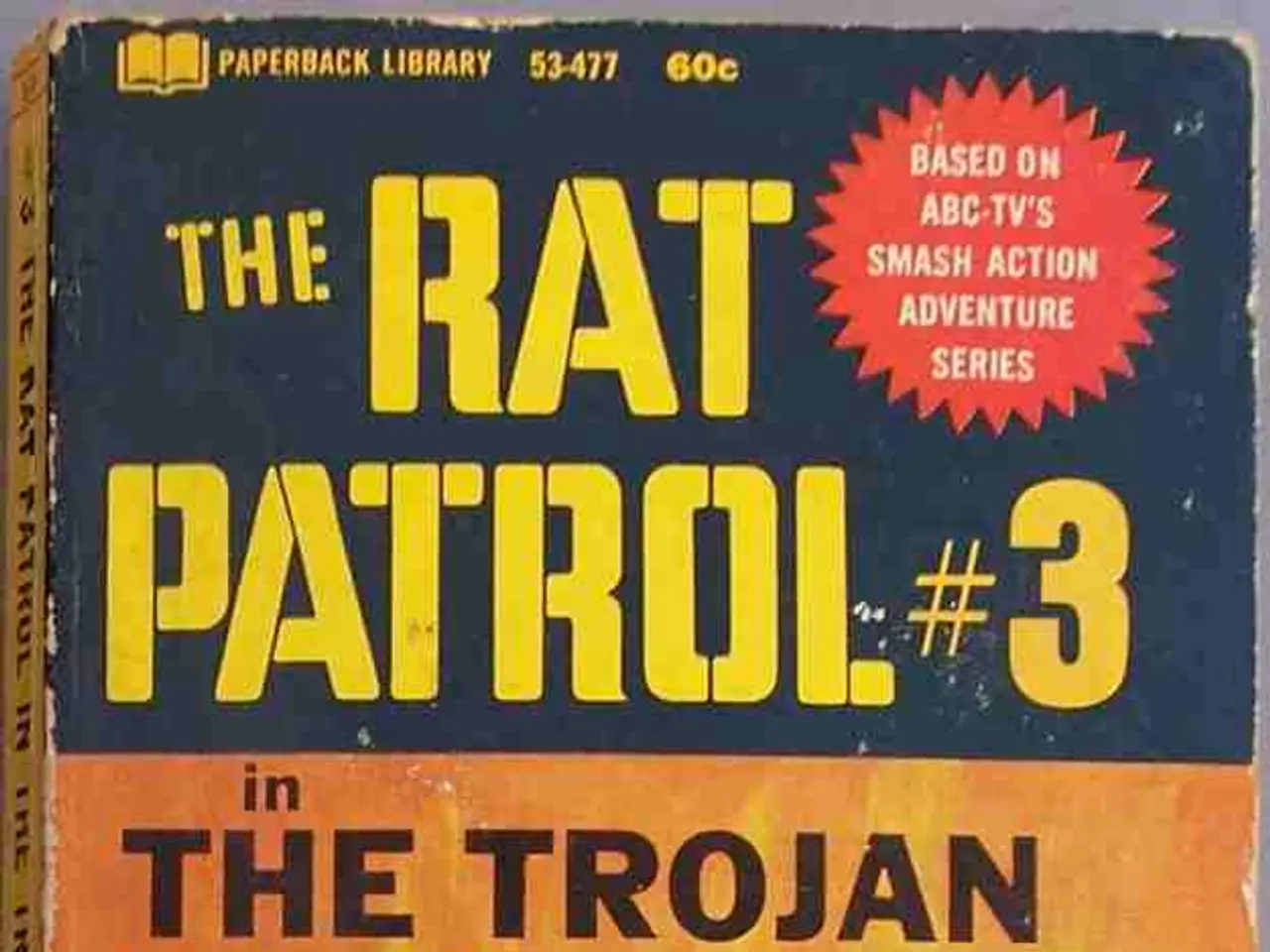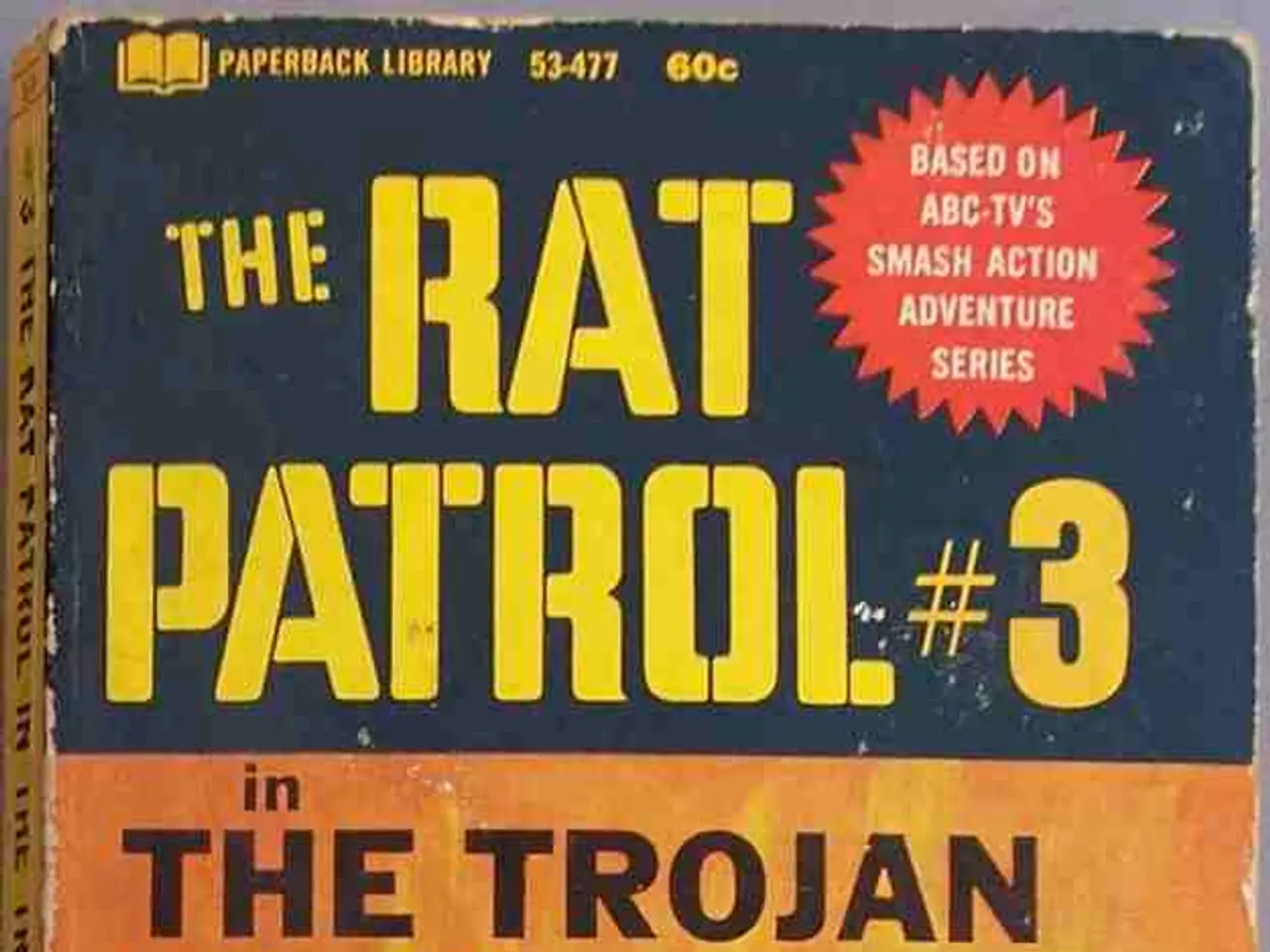Indian authorities issue notices to Amazon and Flipkart regarding the sale of walkie-talkies, due to escalating tensions between India and Pakistan.
In a bold move to maintain national security and uphold consumer rights, the Central Consumer Protection Authority (CCPA) has served notices to 13 major digital marketplaces, including Amazon and Flipkart, for illegally selling walkie-talkies sans proper disclosure and licensing.
On a Friday statement, the government revealed that the CCPA took this action against numerous platforms - Amazon, Flipkart, Meesho, OLX, TradeIndia, Facebook, Indiamart, VardaanMart, Jiomart, Krishnamart, Chimiya, Talk Pro Walie Talkie, and MaskMan toys - due to illegal listings and sales of non-compliant walkie-talkies on e-commerce platforms.
The CCPA's primary concern revolves around the omission of crucial information, such as frequency disclosure, licensing requirements, and Equipment Type Approval (ETA), breaching regulations stipulated in the Consumer Protection Act, 2019. In essence, these sellers have been extensively flouting consumer protection standards [1][2][5].
Union Food and Consumer Minister Pralhad Joshi previously explained that such non-compliant wireless devices undermine statutory obligations and potentially pose threats to national security operations. The minister added that these violations contradict multiple legal frameworks, which include the Consumer Protection Act, Indian Telegraph Act, and Wireless Telegraphy Act [5].
In an attempt to strengthen compliance and safeguard consumers, the CCPA will issue formal guidelines under Section 18(2)(l) of the Consumer Protection Act, 2019. Sellers must abide by the stipulated regulatory standards and adhere to consumer rights to prevent unlawful trade practices [2].
(Apart from the title, this story did not undergo editing by our team and originates from a syndicated feed.)
Breaking Down the Violations
Sellers have been found to flout multiple regulations, including:
- The Consumer Protection Act, 2019, where they:
- Omit crucial frequency information and licensing requirements.
- Fail to meet Equipment Type Approval (ETA) requirements.
- Neglect enforcement of guidelines for compliance.
- The Indian Telegraph Act, 1885, which document omissions about licensing necessities for walkie-talkies, leading to consumer confusion and legal difficulties for buyers.
- The Wireless Telegraphy Act, 1933, where sellers are found wanting with regard to:
- Frequency disclosure.
- Ensuring compliance with frequency regulations.
- Lastly, the Use of Low Power, Very Low Power Short Range Radio Frequency Devices (Exemption from Licensing Requirement) Rules, 2018, which are not adequately addressed in product listings, creating confusion about exemptions and licensing requirements [5].
[1] - Docthub[2] - Consumer Affairs[3] - MISA[4] - Nempremier[5] - Medium
The CCPA has taken action against various e-commerce platforms like Amazon, Flipkart, Indiamart, and others, for violating the Consumer Protection Act, 2019, by not providing crucial frequency information, failing to meet Equipment Type Approval (ETA) requirements, and neglecting enforcement of guidelines for compliance. This is in addition to contravening the Indian Telegraph Act, 1885, and the Wireless Telegraphy Act, 1933, by not disclosing licensing necessities for walkie-talkies, and not adhering to frequency regulations, respectively. Furthermore, the Use of Low Power, Very Low Power Short Range Radio Frequency Devices (Exemption from Licensing Requirement) Rules, 2018, are not adequately addressed in product listings on these platforms, causing confusion about exemptions and licensing requirements.







